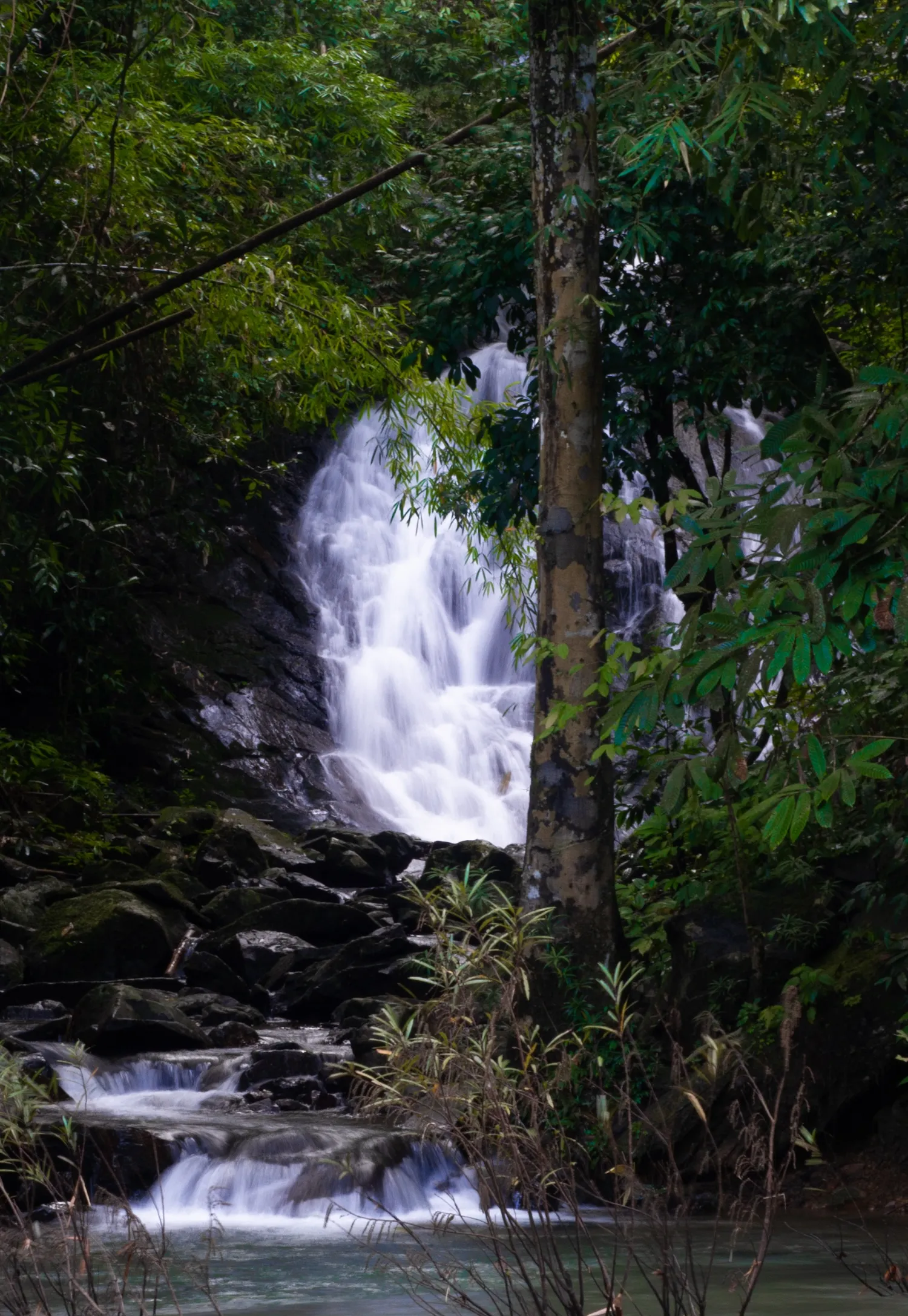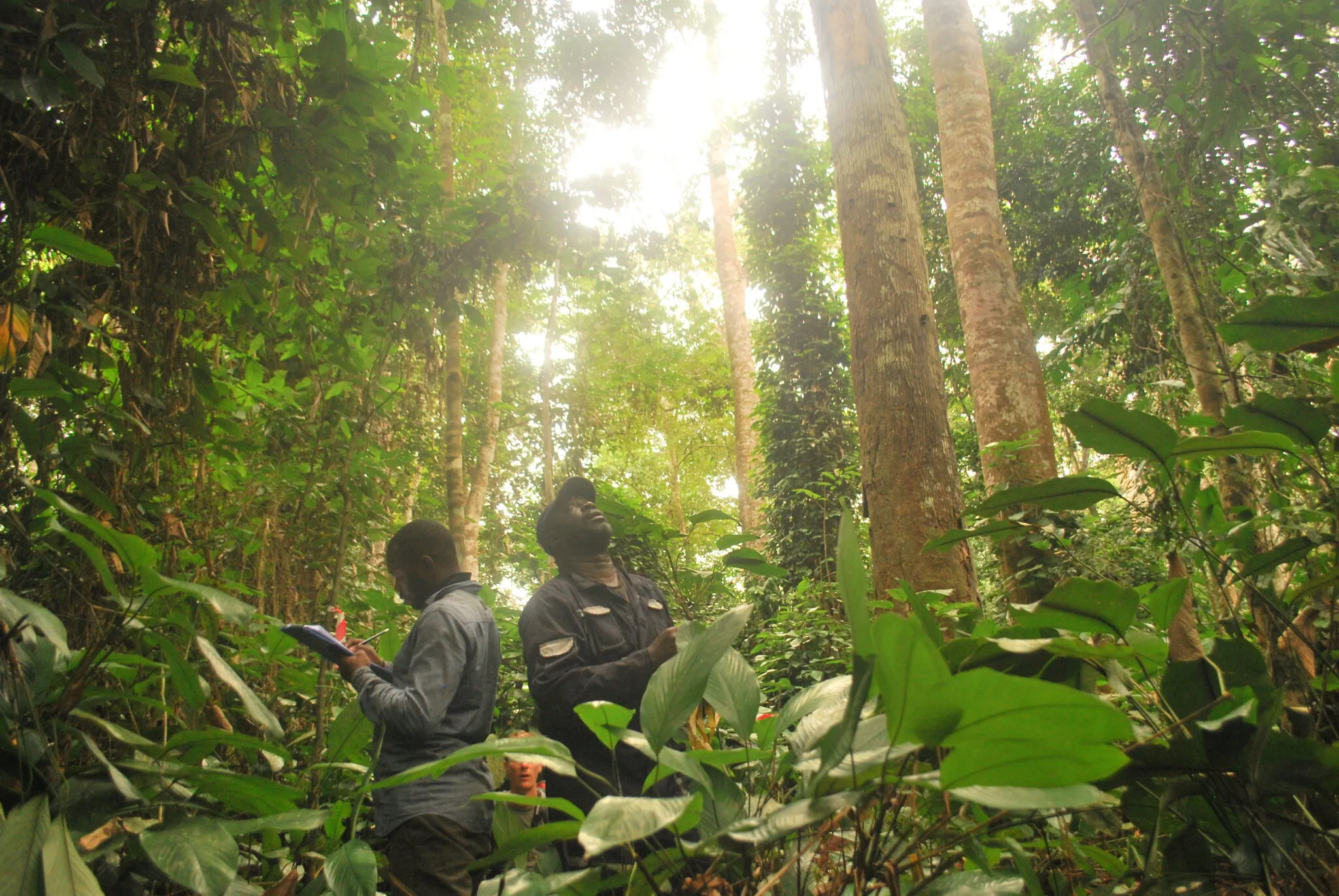
License to protect – the workings of the HCVRN ALS
A look at the licensing scheme helping companies protect nature and communities
A look at the licensing scheme helping companies protect nature and communities
By now, more than 1 million hectares of land have been analysed by authorised assessors for values that are critical to nature conservation and sustainable livelihoods, with support from the High Conservation Value Resource Network (HCVRN). More than 40 percent of these need protection as agriculture and other types of development come near to key biodiversity hotspots and indigenous territories. Labelling these areas is no easy task; but since 2014, the HCVRN’s Assessor Licensing Scheme (ALS) has been supporting a growing number of specialists in improving their skills and reports in identifying valuable areas for conservation.
The ALS was created at a time when HCV assessments were falling short of expectations, undermining the work of the community using the HCV approach. The scheme, put together by HCVRN with support from WWF, RSPO, Proforest, and many others, shifted gears by issuing licences to professionals around the world, providing guidance for their field assessments and constant opportunities for learning, by bringing in over 50 experts to provide feedback to the assessment reports. ALS has proven especially useful in situations where agriculture is rapidly expanding, posing higher risks to natural ecosystems and local livelihoods.
Assessors focus on identifying HCVs, the first step in applying the HCV approach, and their licensing process moves from provisionally to fully licensed, based on their performance. “In order to obtain the licence, one had to have been part of a team that had completed three HCV Assessments*,” says Phillip Patton, a Licensed Assessor. “I did this in the DRC while traveling 1800km by boat along the Congo River to three individual plantations over a six-week period”, says Patton. “Each project has its own challenges and each country is unique (especially in Africa). The ALS has been particularly useful in helping to justify the need for proper management and ongoing monitoring of the natural areas within these concessions therefore allowing for follow-up surveys and more project work. The reference documents are extremely useful.”
Who uses the ALS?
Since 2015, the Roundtable on Sustainable Palm Oil (RSPO) has been one of the main users of the scheme, asking oil palm growers to work with licensed assessors on HCV assessments before starting any new plantations.
Since late 2017, members of the High Carbon Stock Approach (HCSA) also need ALS assessors to run HCV-HCSA assessments. “The High Carbon Stock Approach is working closely with the HCVRN ALS team to ensure that training courses and evaluations of integrated HCV-HCSA assessments are of high quality,” says HCSA Executive Director, Judy Rodrigues. “ALS plays an integral role in providing credible quality assurance of HCSA toolkit implementation under schemes such as the RSPO to ensure certified operations are meeting its no-deforestation requirements and maintaining HCS forests and HCVs.”
“RSPO relies on the ALS to minimise risks that HCVs are lost through conversion of natural ecosystems for expansion of oil palm cultivation, conversions generally considered high-risk scenarios,” explains Anders Lindhe, technical advisor at HCVRN. “Recently RSPO has adopted the High Carbon Stock Approach (HCSA) – widening the scope of areas not for conversion to include most forests except the most degraded ones, not just those that hold HCVs. It is certainly one of the successes of the ALS that the HCSA Steering Group opted for the HCVRN to ensure the quality of HCV-HCSA assessments based on our procedures and experiences of setting up and running the quality assurance mechanism for HCV assessments.”
“Since we launched the ALS in 2014, we have noticed that most sites where HCV and HCV-HCSA studies took place identified presence of RTE species, and sites important for local communities,” says Paulina Villalpando, HCVRN’s executive director. “This means that if Licensed Assessors hadn’t evaluated those sites, critical biodiversity, forests, and local people’s livelihoods could have been damaged or destroyed. Licensed Assessors are really transforming how land development takes place around the world.”
While the RSPO and HCSA are the scheme’s main users, other certification schemes use it too, Anders Lindhe explains. “The concept of ‘high-risk’ depends on the scheme,” he explains, “the Better Cotton Initiative require ALS assessments before any major expansion of cotton crops, while the Rainforest Alliance requires them as safeguards for large scale, on-going operations that might affect landscape biodiversity or the rights of neighbouring local communities.”
But the use of ALS could also be expanded to other sectors. For example, financial institutions could request ALS-led evaluations of plantation projects before investing. “Currently only the oil palm industry uses the ALS,” says Jules Crawshaw, one of the scheme’s first licensed assessors. “I am hoping that other industries managing land (e.g. mining, infrastructure) take on the HCV approach, as well as other commodities (e.g. fish, rubber, sugar, soy, coffee) will adopt the scheme.”
“Together in the ALS, we have shown our capacity for constant improvement and learning, responding to the growing global concern for the future of our planet, as natural ecosystems and biodiversity gradually disappear under the pressure of human consumption and due to the impacts of climate change,” says Ruth Silva, ALS Quality Manager. “I believe ALS participants are helping HCV and HCV-HCS assessments to become a firmly grounded step, anchored on the best available science, pragmatic and effective conservation practices, and on the informed consent of local communities where production takes place. We hope with these assessments, growers, and the certification schemes they support will continue their path towards sustainability, and thus help build a better future”
* Access link below to see how requirements for assessors have changed.
Background
How does the scheme work?
Assessors submit their reports for three rounds of evaluation by a Quality Panel of highly qualified professionals, specialised across many areas, e.g. environmental and social, as well as GIS or remote sensing. Each report evaluation is conducted by two or more QP members, who thoroughly read the report and evaluate its quality against ALS requirements and HCV and HCV-HCSA reference documents. If the panel approves the report, then a public summary published on the HCVRN website. Plantations can go ahead only if assessments are approved. Assessors can submit reports in Bahasa Indonesia, English, French, Portuguese, and Spanish.
Want to become a licensed assessor? Check more here.
The photo of a botanical survey during an HCV-HCSA assessment was taken by Mike Senior, Licensed Assessor.
Related Posts
The Importance of Considering Land Use Planning and HCV Assessments for Disaster Mitigation
Every decision today shapes the fate of tomorrow's commit to protecting HCVs, and together we build a resilient future we all need and desire.
Read MoreDedicated webpage to more easily access resources on the Forest Integrity Assessment tool
Read More2024 Annual Report Highlights
We launched a bold new strategy and an innovative collaborative governance model. We helped shape the evolution of global standards and sustainability frameworks. Read our 2024 Annual Report to learn more.
Read MoreOur Partnerships
Alongside many global initiatives, our work with partners promotes practices that help meet the global Sustainable Development Goalsand build a greener, fairer, better world by 2030.


Femexpalma
In April 2022, FEMEXPALMA and the HCV Network signed a 5-year cooperation agreement to promote sustainable production of palm oil in Mexico. FEMEXPALMA is a Mexican independent entity that represents palm production at the national level and promotes the increase of productivity in a sustainable way.
With global markets becoming stricter, for Mexican producers to be able to export to key markets such as the European Union, they must meet strict requirements such as certification by the Roundtable on Sustainable Palm Oil (RSPO). To be certified by RSPO, the HCV Approach must be applied prior to the establishment of any new oil palm plantations. With this cooperation agreement, the HCV Network will support FEMEXPALMA’s members and allies to design better strategies to identify, manage and monitor High Conservation Values and support smallholders to achieve RSPO certification and implement good agricultural practices.
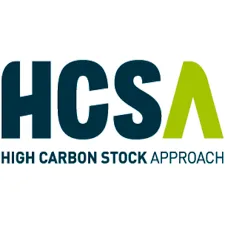

High Carbon Stock Approach
The High Carbon Stock Approach (HCSA) is an integrated conservation land use planning tool to distinguish forest areas in the humid tropics for conservation, while ensuring local peoples’ rights and livelihoods are respected.
In September 2020, HCV Network and the HCSA Steering Group signed a five-year Memorandum of Understanding (MoU) to strengthen their collaboration to conserve forests and uphold community rights in tropical forests. The HCS and HCV Approaches are cornerstones of corporate no deforestation and conservation commitments, and increasingly for actors working at different scales. The collaboration aims to further support effective implementation of these commitments through increased uptake of the HCV and HCS tools.
Through this MoU, HCSA and HCVRN are pursuing two main strategic goals:
- Strive to promote the application of the two approaches in tropical moist forest landscapes and explore further opportunities for collaboration.
- Ensure that, where the two approaches are applied together, this happens in a coordinated, robust, credible, and efficient manner, so that HCS forests and HCVs are conserved, and local peoples’ rights are respected.


World Benchmarking Alliance
From May 2022, the HCV Network is an ally at the World Benchmarking Alliance (WBA). WBA is building a diverse and inclusive movement of global actors committed to using benchmarks to incentivise, measure, and monitor corporate performance on the SDGs, and will assess and rank the performance of 2,000 of the world’s most influential companies against seven systems of transformation by 2023.
The scope of WBA’s circular transformation was expanded to cover nature and biodiversity as recognition of the need for greater understanding, transparency and accountability of business impact on our environment. The WBA Nature Benchmark was launched in April 2022, which will be used to rank keystone companies on their efforts to protect our environment and its biodiversity. As HCV Areas are recognised as key areas important for biodiversity, companies that publicly disclose their actions to identify and protect HCVs will contribute to the assessment of their performance against the benchmark.
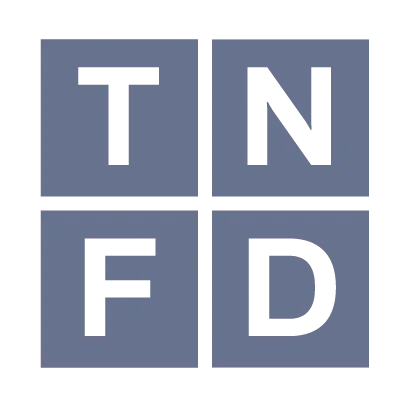

Taskforce on Nature-related Financial Disclosures - TNFD
The Taskforce on Nature-related Financial Disclosures (TNFD) is a global, market-led initiative, established with the mission to develop and deliver a risk management and disclosure framework for organizations to report and act on evolving nature-related risks, with the aim of supporting a shift in global financial flows away from nature-negative outcomes and toward nature-positive outcomes.
In April 2022, the HCV Network joined the TNFD Forum. The TNFD Forum, composed of over 400 members, is a world-wide and multi-disciplinary consultative network of institutional supporters who share the vision and mission of the task force.
By participating in the Forum, the HCV Network contributes to the work and mission of the taskforce and help co-create the TNFD Framework which aims to provide recommendations and advice on nature-related risks and opportunities relevant to a wide range of market participants, including investors, analysts, corporate executives and boards, regulators, stock exchanges and accounting firms.


Aquaculture Stewardship Council
The Aquaculture Stewardship Council (ASC) is the world’s leading certification scheme for farmed seafood – known as aquaculture – and the ASC label only appears on food from farms that have been independently assessed and certified as being environmentally and socially responsible. In 2021, the HCV Network and ASC formalised their collaboration through a Memorandum of Understanding (MoU). The MoU represents the first step in a fruitful relationship aimed at conserving HCVs in aquaculture. Although, existing guidance on the use of the HCV Approach currently focuses mainly on forestry and agriculture, the HCV Approach is however generic, and in principle also applicable to aquatic production systems. Through this MoU, this is recognised by the Aquaculture Stewardship Council (ASC) in their ASC farm standard, in which the protection of HCV areas is mentioned in the context of expansion
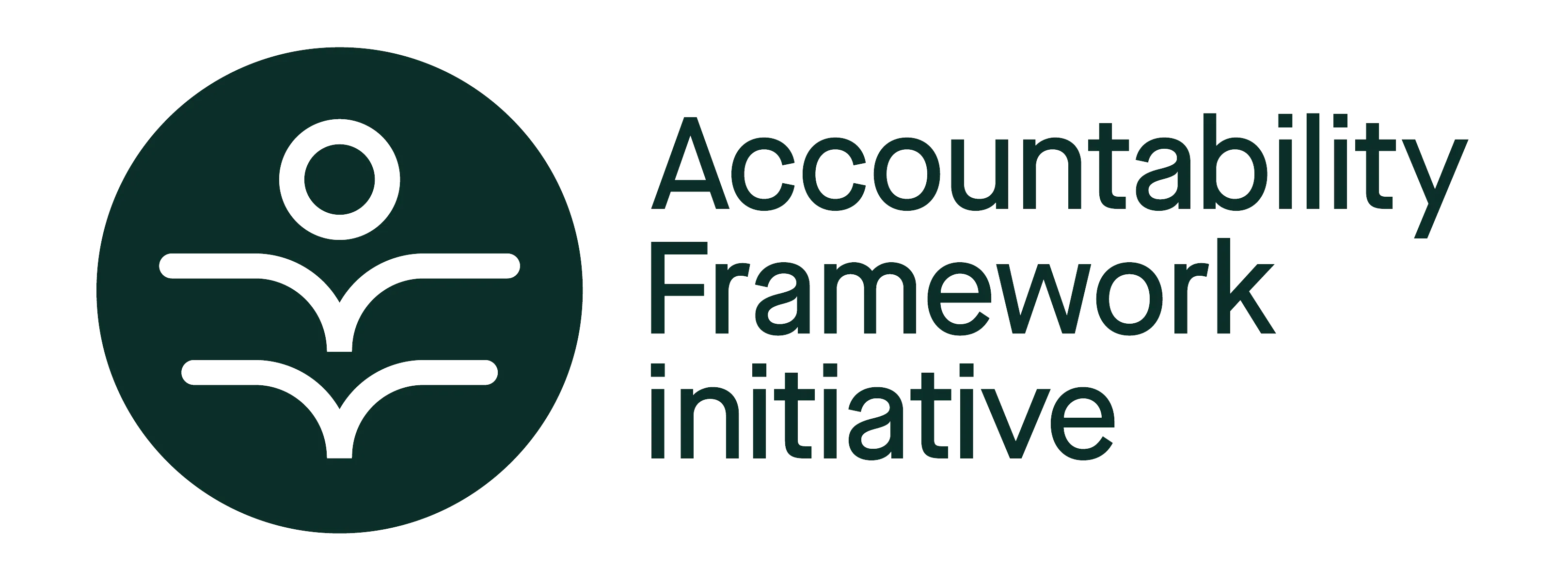

Accountability Framework Initiative
The Accountability Framework initiative (AFi) is a collaborative effort to build and scale up ethical supply chains for agricultural and forestry products. Led by a diverse global coalition of environmental and human rights organizations, the AFi works to create a “new normal” where commodity production and trade are fully protective of natural ecosystems and human rights. To pursue this goal, the coalition supports companies and other stakeholders in setting strong supply chain goals, taking effective action, and tracking progress to create clear accountability and incentivize rapid improvement. In July 2022, the HCV Network joined AFi as a Supporting Partner. AFi Supporting Partners extend the reach and positive impact of the AFi by promoting use of the Accountability Framework by companies, industry groups, financial institutions, governments, and other sustainability initiatives, both globally and in commodity-producing countries.


Biodiversity Credit Alliance
The Biodiversity Credit Alliance (BCA) is a global multi-disciplinary advisory group formed in late 2022. Its mission is to bring clarity and guidance on the formulation of a credible and scalable biodiversity credit market under global biodiversity credit principles. Under these principles, the BCA seeks to mobilize financial flows towards biodiversity custodians while recognising local knowledge and contexts.
The HCVN joined the BCA Forum in August 2023 to learn more from the many organizations already coming together to find effective pathways to opening up credit-based approaches, and how to contribute our knowledge and experience of years of working in a practical way, often with global sustainability standards and their certified producers, to protect what matters most to nature and people.
.webp)
.webp)
Nature Positive Forum
The Nature Positive Initiative is a group of stakeholders coming together to find ways to unlock success and achieve Nature Positive - a global societal goal defined as ‘halt and reverse nature loss by 2030 on a 2020 baseline, and achieve full recovery by 2050’, in line with the mission of the Kunming-Montreal Global Biodiversity Framework.
Core work includes preserving the integrity of ‘Nature Positive’ as a measurable 2030 global goal for nature for business, government, and other stakeholders, and providing the tools and guidance necessary to allow all to contribute. The initiative also advocates for the full implementation of the Kunming-Montreal Global Biodiversity Framework by governments and other stakeholders.
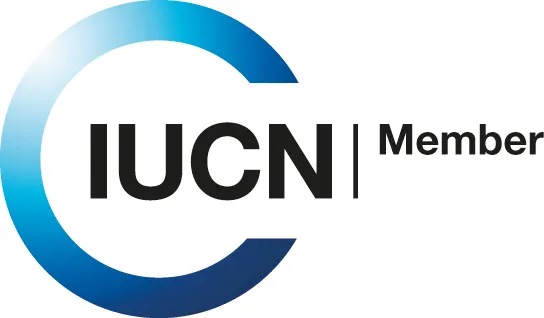

IUCN
IUCN is a membership Union uniquely composed of both government and civil society organisations. It provides public, private, and non-governmental organisations with the knowledge and tools that enable human progress, economic development, and nature conservation to take place together.
Created in 1948, IUCN is now the world’s largest and most diverse environmental network, harnessing the knowledge, resources and reach of more than 1,400 Member organisations and around 15,000 experts. It is a leading provider of conservation data, assessments, and analysis. Its broad membership enables IUCN to fill the role of incubator and trusted repository of best practices, tools, and international standards.
IUCN provides a neutral space in which diverse stakeholders including governments, NGOs, scientists, businesses, local communities, indigenous peoples’ organisations, and others can work together to forge and implement solutions to environmental challenges and achieve sustainable development.
Working with many partners and supporters, IUCN implements a large and diverse portfolio of conservation projects worldwide. Combining the latest science with the traditional knowledge of local communities, these projects work to reverse habitat loss, restore ecosystems, and improve people’s well-being.

Get Involved
Our Mission as a network is to provide practical tools to conserve nature and benefit people, linking local actions with global sustainability targets.
We welcome the participation of organisations that share our vision and mission to protect and enhance High ConservationValues and the vital services they provide for people and nature. By collaborating with the Network, your organisation can contribute to safeguarding HCVs while gaining valuable insights and connections that support your sustainability goals.
We are seeking collaborative partners to help expand and enhance our work, as well as talented professionals who can join the growing Secretariat team, and for professionals who can contribute to the credible identification of High Conservation Values globally.
Join us in securing the world’s HCVs and shaping a sustainable future.


